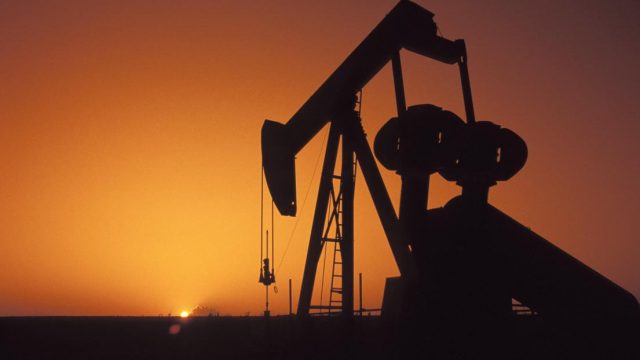North Dakota Oil Counties Pay Property Tax Rate 30% Lower Than Non-Oil Counties

Earlier today I vented a bit about local leaders in western North Dakota who, even after legislators announced some $800 million in “surge” funding to meet needs, seem to think that no amount of money will ever be enough to address oil impacts.
What frustrates me about this debate is that we spend a lot of time blaming the state for not meeting local needs in the oil patch (part of that is politics, Democrats have made this a cornerstone of their campaigns for multiple election cycles now) and very little time examining how local governments are handling their finances.
Where are the revenues from their expanded tax bases going? Every new development, every new citizen moving in, means more tax revenues for the locals. What are they doing with it?
Another question is, why should state taxpayers subsidize lower property taxes in oil patch counties? Because that’s exactly what seems to be happening. Based on county-by-county mill rate data collected by Legislative Council (and passed on to me by a lawmaker) are paying a property tax mill rate that is 18.73 percent less than the statewide average and almost 30 percent less than the average mill rate in non-oil counties.
All numbers are for 2013. The mill rate for each county is the average mill rate paid on property in that county.
What’s ironic about these numbers is that I defined oil-producing counties as members of the North Dakota Association of Oil and Gas Producing Counties. This group has been one of the loudest in demanding more state tax dollars for western North Dakota, but their membership doesn’t seem willing to put the same amount of “skin in the game” for local spending as the rest of the state.
Is that fair?
In 2012 North Dakota had a statewide debate over a ballot measure which would have abolished property taxes. Voters overwhelmingly shot that measure down, buying into the argument from opponents about local control. “Keep it local,” they said. They didn’t want to see local spending decisions made in Bismarck.
Fair enough. But I’ve always felt that local control should come with local responsibility. If we want to keep things local, shouldn’t local leaders solve local spending issues?
Which isn’t to say that the state has no role in addressing oil impact the needs of western North Dakota. I don’t dispute that, and I support the “surge” spending bill Republican lawmakers pitched earlier this week.
But isn’t it also fair, before we send more state tax dollars west, that we make sure western communities are really doing all they can to fund local needs locally? I’m not a fan of higher taxes, or the property tax specifically, but those issues aside it kind of seems like western leaders want the rest of the state to subsidize their lower taxes.





